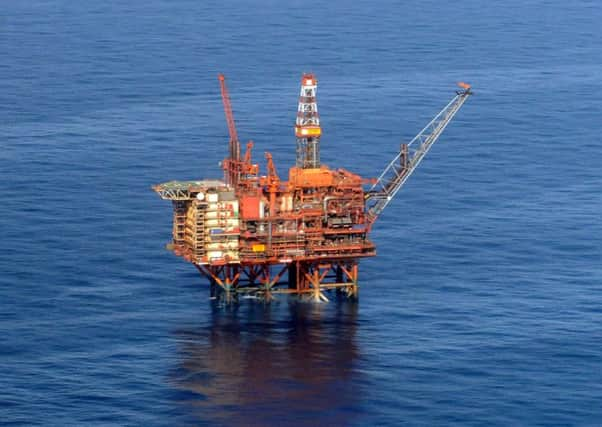Inflation ‘still at 0%’ due to fall in oil price


It would mark the sixth month in a row that the Consumer Price Index (CPI) measure of inflation has hovered around zero and there is even thought to be a risk that it could turn into negative territory again – having dropped to minus 0.1 per cent in April.
Flat prices help boost household finances at a time when wages are rising and have also put back the likelihood of an interest rate hike by the Bank of England.
Advertisement
Hide AdAdvertisement
Hide AdBut policy makers would want to avoid any threat of a deflationary spiral in which consumers and businesses put off purchases and investments while loan repayments such as mortgages become more expensive in real terms.
CPI figures for July will be published today by the Office for National Statistics (ONS). They come after the Bank of England’s quarterly inflation report earlier this month which dampened expectations of a rates hike as soon as this year.
Bank of England governor Mark Carney said that the fall in inflation had been “the most striking development in the UK in the past year”.
The Bank forecasts CPI at zero for July and August before suggesting that it will edge up slightly in September, although the forecasts allow for a margin of error slightly above or below its predictions.
Mr Carney said the near-term outlook for inflation was “muted” and that the slump in oil prices in recent months “will continue to bear down on inflation until at least the middle of next year”.
He added: “I wouldn’t be surprised if we have another month or two of negative inflation given the very substantial move in oil prices and the changes in utility prices.”
Oil prices have halved since last summer and the prospect of sanctions being lifted against oil-producing Iran, adding to the glut in supply, has wiped out a recovery earlier this year to leave the price of Brent crude at below $50 a barrel.
Advertisement
Hide AdAdvertisement
Hide AdMeanwhile household energy bill cuts by British Gas are also likely to weigh on inflation.
The strength of the pound – up by 20 per cent over the past couple of years – also puts downward pressure on CPI because it means imports are cheaper.
Samuel Tombs, of Capital Economics, said: “CPI inflation probably held steady at zero in July, but the recent fall in oil prices suggests that the UK is likely to experience another bout of negative inflation before the end of the year.
“Meanwhile, domestic price pressures are still weak, suggesting that inflation will only strengthen gradually next year, enabling the [Bank of England’s rate setting] monetary policy committee to raise interest rates at a very slow pace.”
Investec’s Chris Hare said: “Our call on the CPI is that inflation will remain at zero in July, although we judge that there is a material chance that it will ease back into negative territory.”
Ranko Berich, head of market analysis at Monex Europe, said: “It’s been accepted that in the UK headline CPI is being weighed down by two things: shocks to fuel prices and downward pressure on the price of food.
“The central bank will now be looking for tentative signs of upwards pressure in other parts of the index, as an indication that the recent increases in wages are filtering through to prices.”